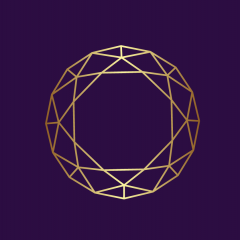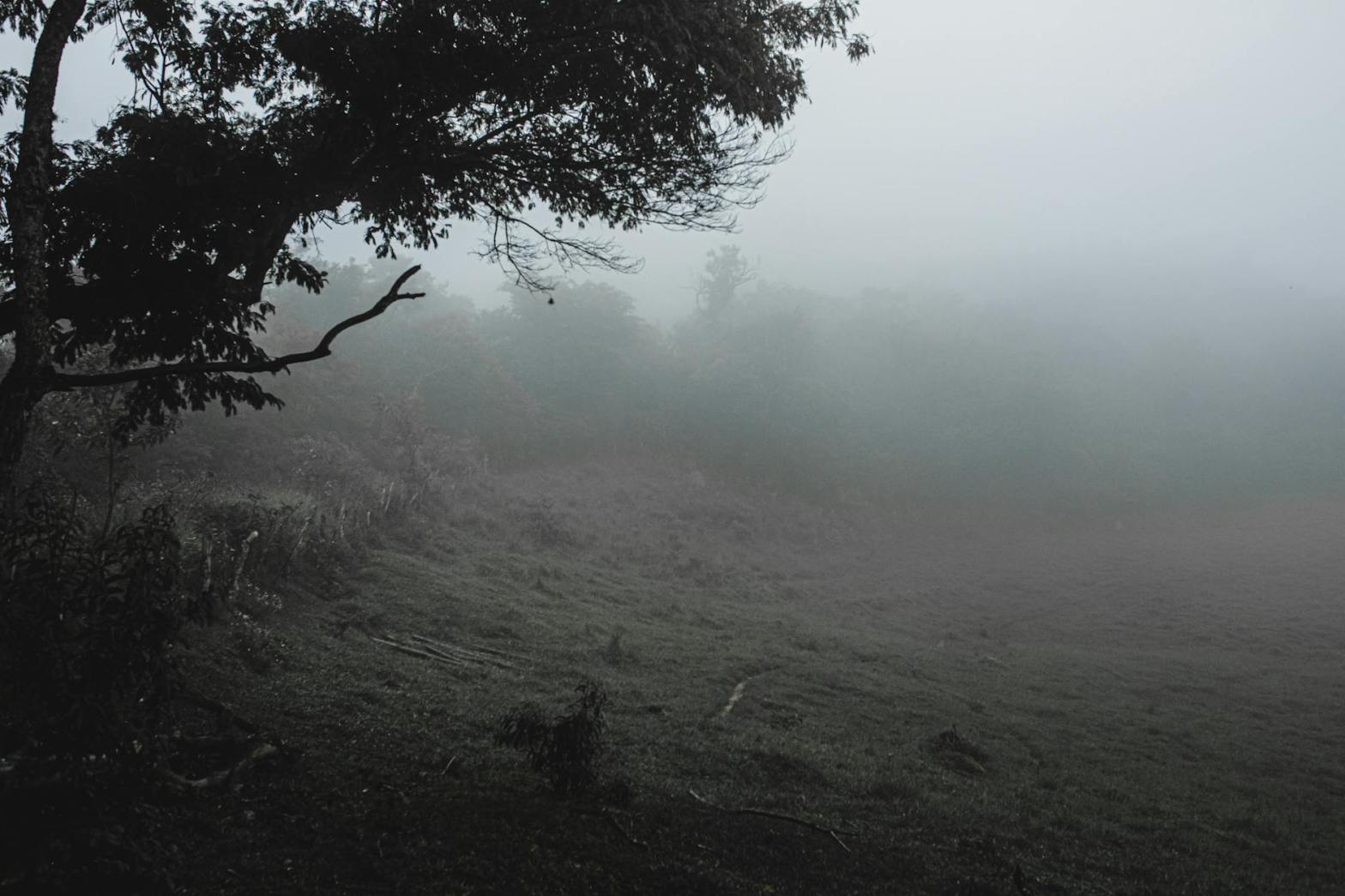Gods of the misty lands
[B]ut it is only what happens, when they die, to all mortals.
The sinews no longer hold the flesh and the bones together,
and once the spirit has let the white bones, all the rest
of the body is made subject to the fire's strong fury,
but the soul flitters out like a dream and flies away.
– Homer, Odyssey
The Gods forced into the here and now
On the plains they hide
in the forests the bogs and the stones
the Gods of misty lands
the Gods of trees of moss of earth –
receding giants
without conscience or fault.
They’ve nothing left to feed on
but the spaces in between,
the sacredest spots ever
disfigured by mankind.
Nevertheless,
we clad the dark ages in splendour,
nevertheless,
we’ve forced them back –
nature’s gifts brutalised
into harm.
Who is to blame?
Nature was full of gifts.
And Gods aren’t solid.
The nature of nature is not to be solid,
even rocks mutate
as Gods transform.
How it came to be
The summer of 1817 was frost without light,
and on Lake Geneva Miss Shelley
unleashed her beast into the world –
a human-made God, a Romantic
automaton, as we stepped
into the industrial sun.
Away from ourselves.
What do dreams become,
when the dreamer is no longer hungry?
Deprivation of food gave us visions.
A little less than what is wanted
makes us humble and sharp,
but to have one’s fill leads to
more (empty) hunger,
and more.
Some things we cannot speak of
as idea, only the thing in itself.
We drove ourselves away from the thing
as it was, too fast for the mind
to follow the body.
And the body is matter, and symbol.
We wouldn’t let go, broke ourselves
down to nothing, to see how unreachable
we could possibly be.
We gave up the soul for the matter.
Who knows, perhaps only
transhumanists will learn the horror
of being imprisoned forever.
Re-becoming shamans
Shamans were messengers.
When we are born we start
only seemingly off as mere body,
filled with hunger and greed.
Yet we are coming from somewhere.
Always from somewhere,
and the memory lingers.
We are as spiritual as newborns as
we will not be again later in life –
except, perhaps – some – in the
lonesome wake of a passage.
Only the untouchables never lose it.
They have to take up the fight
for all others.
The shaman knows
there are two kinds of madness:
the falling out of oneself, dangerous to others,
material megalomania;
and a descent into the self,
the knowledge of presence’s intensity.
When we become feral, the dumb one gets violent,
the sage more knowing.
Ask the birds who painted Grotte Chauvet.
They will give you the answer:
materialised spirit.
We’re too awake to dream, even sleep now,
human experience displaced by rules
learned by heart without heart.
How can the dreamer coincide
with the self wide awake?
What the spirit world is doing in its defence
Is the spirit world, too, growing more evil,
did we force our conscience upon it?
The cold lemony light in autumn
will be at its most beautiful again
once mankind is gone –
no one to see it.
Animals on land, in the seas
are forming an army.
The nature of nature: what we see
as double, is one. Nature is merciless,
deadly,
it has no remorse.
It is –
full of gifts.
Listen; if we do not glide back
into original silence,
it will have us.
The Gods of misty lands reclaiming their place.
Alexandra Fössinger is the author of the poetry collection Contrapasso (Cephalopress, 2022). Her work is published or forthcoming in Tears in the Fence, The High Window, Frogmore Papers, Reliquiae, Mono, La Piccioletta Barca, and the White Stag Spirit anthology, among others. She is mostly interested in the spaces between things, the overlooked, the unsaid.


Alexandra Fossinger has gifted us once again! Her poem is stately in voice, meant to lift our desire to inhabit this world with higher awareness and more graceful intent.
LikeLiked by 1 person